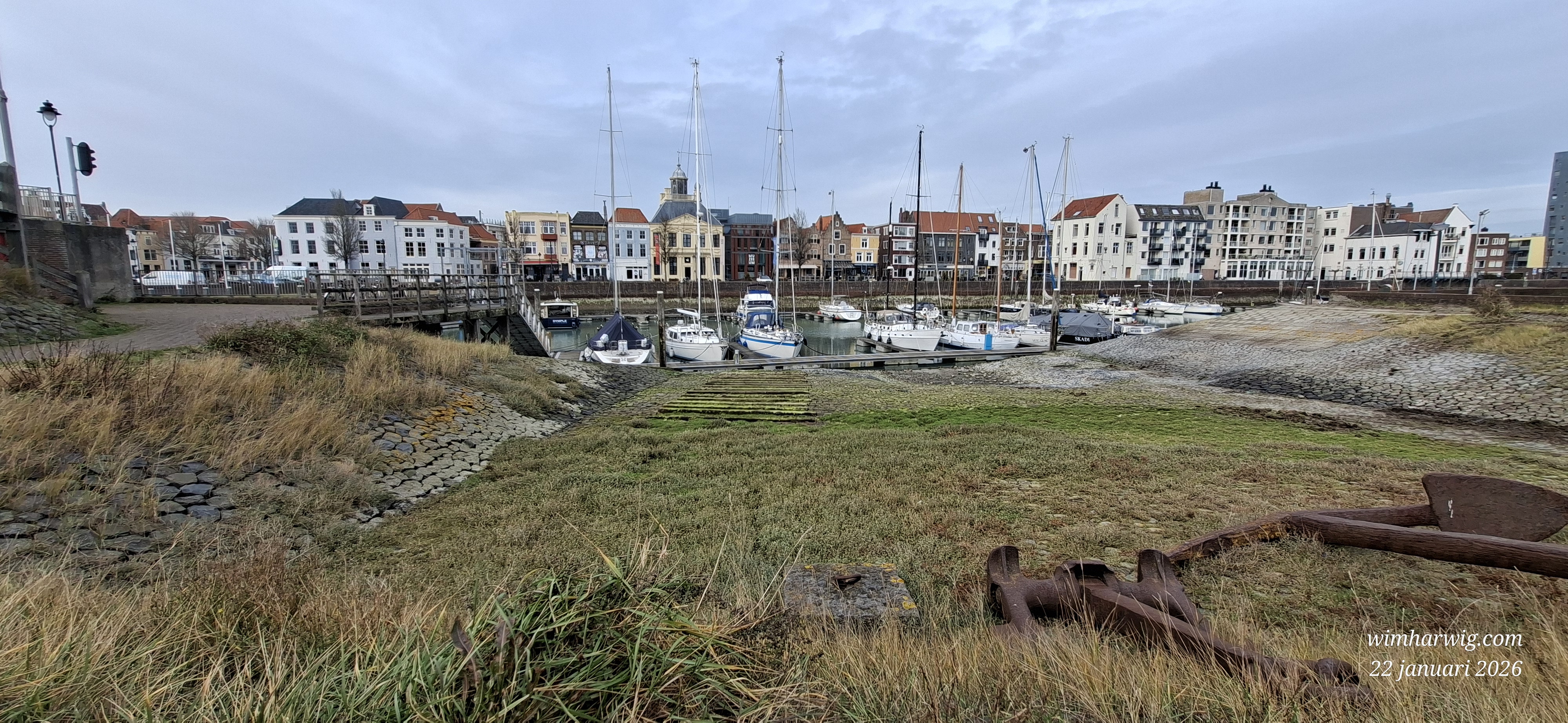A CIA commander for the Libyan rebels
28 March 2011
The Libyan National Council, the Benghazi-based group that speaks for the rebel forces fighting the Gaddafi regime, has appointed a long-time CIA collaborator to head its military operations. The selection of Khalifa Hifter, a former colonel in the Libyan army, was reported by McClatchy Newspapers Thursday and the new military chief was interviewed by a correspondent for ABC News on Sunday night.
Hifter’s arrival in Benghazi was first reported by Al Jazeera on March 14, followed by a flattering portrait in the virulently pro-war British tabloid the Daily Mail on March 19. The Daily Mail described Hifter as one of the “two military stars of the revolution” who “had recently returned from exile in America to lend the rebel ground forces some tactical coherence.” The newspaper did not refer to his CIA connections.
McClatchy Newspapers published a profile of Hifter on Sunday. Headlined “New Rebel Leader Spent Much of Past 20 years in Suburban Virginia,” the article notes that he was once a top commander for the Gaddafi regime, until “a disastrous military adventure in Chad in the late 1980s.”
Hifter then went over to the anti-Gaddafi opposition, eventually emigrating to the United States, where he lived until two weeks ago when he returned to Libya to take command in Benghazi.
The McClatchy profile concluded, “Since coming to the United States in the early 1990s, Hifter lived in suburban Virginia outside Washington, DC.” It cited a friend who “said he was unsure exactly what Hifter did to support himself, and that Hifter primarily focused on helping his large family.”
To those who can read between the lines, this profile is a thinly disguised indication of Hifter’s role as a CIA operative. How else does a high-ranking former Libyan military commander enter the United States in the early 1990s, only a few years after the Lockerbie bombing, and then settle near the US capital, except with the permission and active assistance of US intelligence agencies? Hifter actually lived in Vienna, Virginia, about five miles from CIA headquarters in Langley, for two decades.
The agency was very familiar with Hifter’s military and political work. A Washington Post report of March 26, 1996 describes an armed rebellion against Gaddafi in Libya and uses a variant spelling of his name. The article cites witnesses to the rebellion who report that “its leader is Col. Khalifa Haftar, of a contra-style group based in the United States called the Libyan National Army.”
The comparison is to the “contra” terrorist forces financed and armed by the US government in the 1980s against the Sandinista government in Nicaragua. The Iran-Contra scandal, which rocked the Reagan administration in 1986-87, involved the exposure of illegal US arms sales to Iran, with the proceeds used to finance the contras in defiance of a congressional ban. Congressional Democrats covered up the scandal and rejected calls to impeach Reagan for sponsoring the flagrantly illegal activities of a cabal of former intelligence operatives and White House aides.
A 2001 book, Manipulations africaines, published by Le Monde diplomatique, traces the CIA connection even further back, to 1987, reporting that Hifter, then a colonel in Gaddafi’s army, was captured fighting in Chad in a Libyan-backed rebellion against the US-backed government of Hissène Habré. He defected to the Libyan National Salvation Front (LNSF), the principal anti-Gaddafi group, which had the backing of the American CIA. He organized his own militia, which operated in Chad until Habré was overthrown by a French-supported rival, Idriss Déby, in 1990.
According to this book, “the Haftar force, created and financed by the CIA in Chad, vanished into thin air with the help of the CIA shortly after the government was overthrown by Idriss Déby.” The book also cites a Congressional Research Service report of December 19, 1996 that the US government was providing financial and military aid to the LNSF and that a number of LNSF members were relocated to the United States.
This information is available to anyone who conducts even a cursory Internet search, but it has not been reported by the corporate-controlled media in the United States, except in the dispatch from McClatchy, which avoids any reference to the CIA. None of the television networks, busily lauding the “freedom fighters” of eastern Libya, has bothered to report that these forces are now commanded by a longtime collaborator of US intelligence services.
Nor have the liberal and “left” enthusiasts of the US-European intervention in Libya taken note. They are too busy hailing the Obama administration for its multilateral and “consultative” approach to war, supposedly so different from the unilateral and “cowboy” approach of the Bush administration in Iraq. That the result is the same—death and destruction raining down on the population, the trampling of the sovereignty and independence of a former colonial country—means nothing to these apologists for imperialism.
The role of Hifter, aptly described 15 years ago as the leader of a “contra-style group,” demonstrates the real class forces at work in the Libyan tragedy. Whatever genuine popular opposition was expressed in the initial revolt against the corrupt Gaddafi dictatorship, the rebellion has been hijacked by imperialism.
The US and European intervention in Libya is aimed not at bringing “democracy” and “freedom,” but at installing in power stooges of the CIA who will rule just as brutally as Gaddafi, while allowing the imperialist powers to loot the country’s oil resources and use Libya as a base of operations against the popular revolts sweeping the Middle East and North Africa.
Patrick Martin
Sécuriser son vélo : astuces essentielles
Il y a 4 heures















































